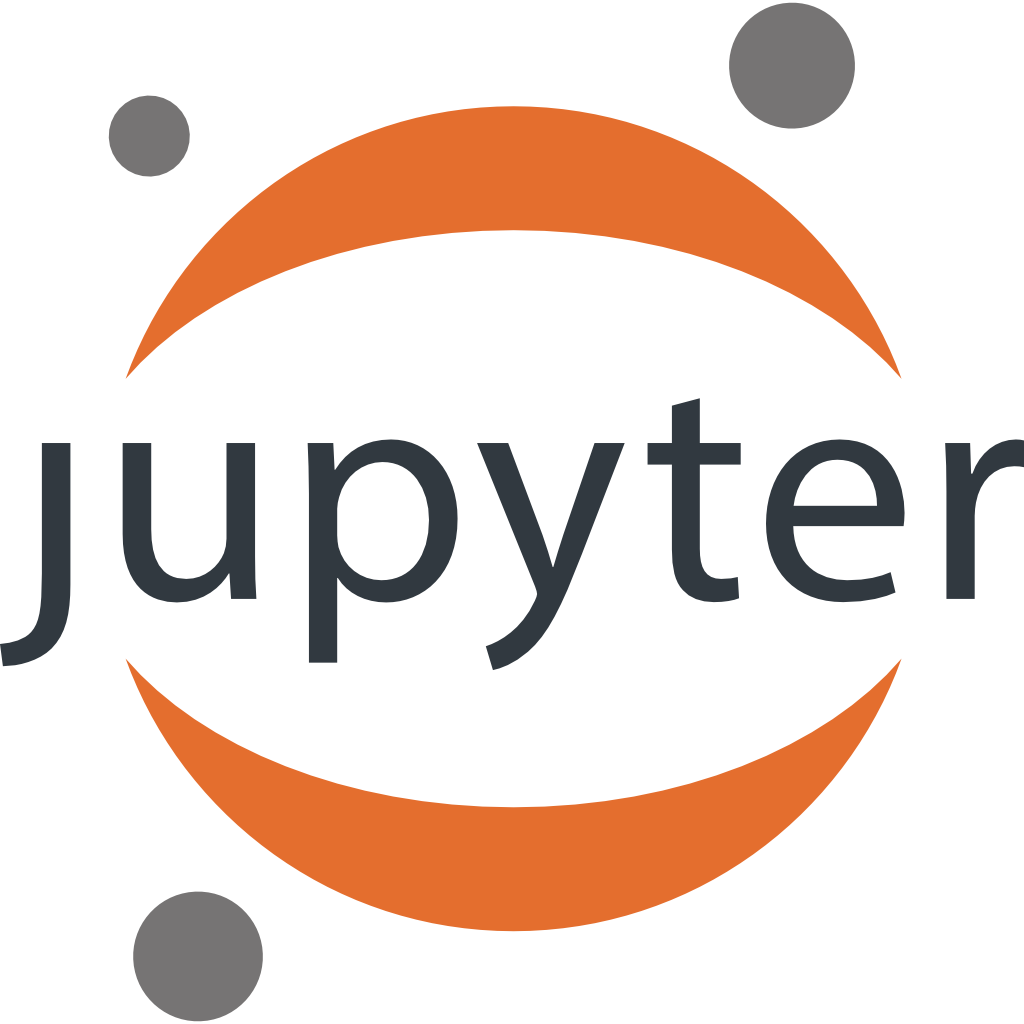Meet Some of Our Experts
Our technical staff are also contributors and maintainers of core PyData projects, including NumPy, PyTorch, SciPy, Jupyter, Nebari, Napari, Dask, conda, and Numba.
From proof of concept to a comprehensive AI transformation, Quansight offers unmatched expert support for every stage of the AI journey.
Training specialized large language models (LLMs) on internal datasets
Exploring advanced LLMs but don’t want to hand over sensitive data
Employing use cases of Generative AI to improve business practices
Leveraging low code/no code techniques to provide non-technical staff new capabilities
Building strategies and tooling for moving R&D efforts into production
AI is built on a foundation of extensive open source innovation. With Quansight’s deep roots in these foundations of scientific computing, we’re uniquely positioned to navigate the complexities of bringing sophisticated AI models from concept to deployment. Our AI engineering solutions offer the necessary infrastructure, sustainable practices, and integration expertise to turn theoretical advancements into impactful, scalable systems across your organization.
Whether you’re considering a limited proof of concept (POC) or ready for a full-scale AI transformation, Quansight has the engineers and expertise to make it happen. With us, you can expect:
Expect full control over your AI deployment. Nebari, a Quansight-incubated open source project, with expert support, illustrates what is possible. Choose your infrastructure, customize pipelines, and ensure data privacy.
Streamline your AI strategy with open source experts. You can keep your data secure on your systems while leveraging state-of-the-art models like Llama 3.1 (or Mistral)—all without relying on third-party vendors.
Utilize Quansight-incubated open source projects—Nebari and Nebari-Slurm—to optimize resource management, seamlessly integrate with JupyterHub, and unlock the full potential of your AI workloads. This flexible infrastructure empowers you to switch between cloud providers or utilize on-premises hardware with ease.

Ragna is an open source RAG-based AI orchestration framework designed to scale from research to production.

Now community-led, Nebari is a customizable, open source enterprise data science and MLOps platform.

conda-store is an open source tool created to better manage data science environments for teams.

Quansight’s expertise extends to Jupyter AI which brings generative AI directly to Jupyter notebooks. With regular contributors to Jupyter AI on our team, we’re equipped to help your organization adopt and leverage its powerful capabilities. It integrates seamlessly with popular LLMs like those from AI21, OpenAI, Anthropic, and others, while ensuring full control over your data privacy.
Our technical staff are also contributors and maintainers of core PyData projects, including NumPy, PyTorch, SciPy, Jupyter, Nebari, Napari, Dask, conda, and Numba.
Travis Oliphant, NumPy, SciPy, and Numba Creator
Tania Allard, JLab Accessibility project creator, PSF board vice chair, Jupyter Distinguished Contributor
Dharhas Pothina, Nebari & Conda Store Creator, Holoviz Steering Committee
Ralf Gommers, SciPy/NumPy Maintainer, Array API Standard Creator, pypackaging-native Author
Pearu Peterson, SciPy Creator & f2py Author
Andrew James, PyTorch Core Developer, torch.sparse Author
Isuru Fernando, Conda-forge Maintainer & Member of Steering Committee
Victor Fomin, PyTorch Core Developer, PyTorch Ignite Project Lead
Nathan Goldbaum, Senior NumPy developer
Jaime Rodríguez-Guerra, Conda-forge Maintainer & Steering Committee Member
This engagement is ideal for companies just beginning to explore AI. It focuses on setting up a proof of concept, allowing you to experiment with AI tools on a small scale and providing initial insights for future AI projects.
For businesses ready to dive deeper, this tier explores specific AI use cases aligned with your business objectives. It includes training AI models on your internal data, developing prototype low-code/no-code interfaces, and providing strategic recommendations for scaling AI initiatives.